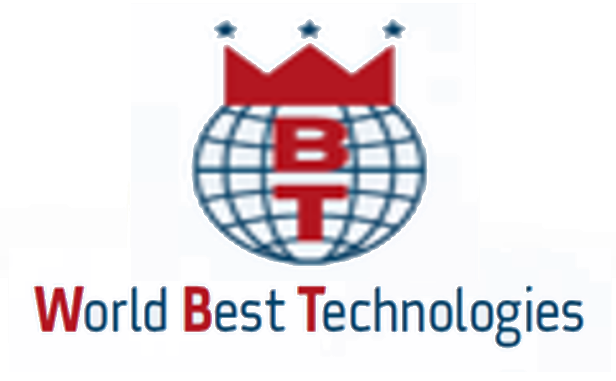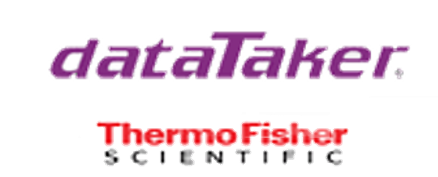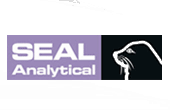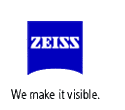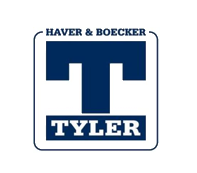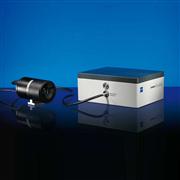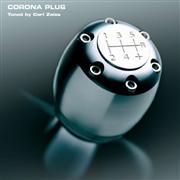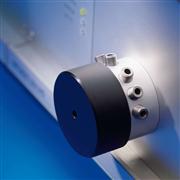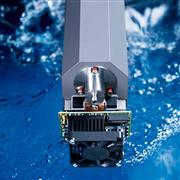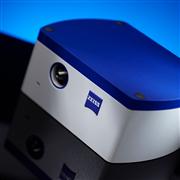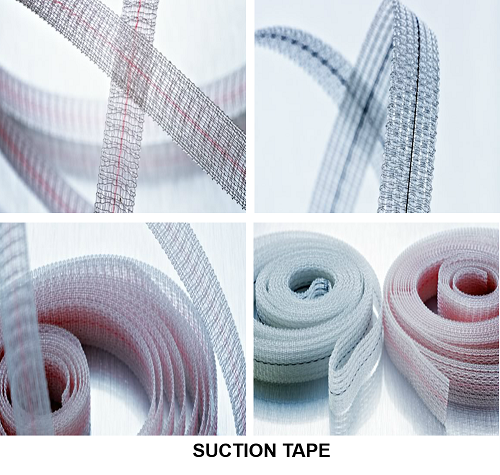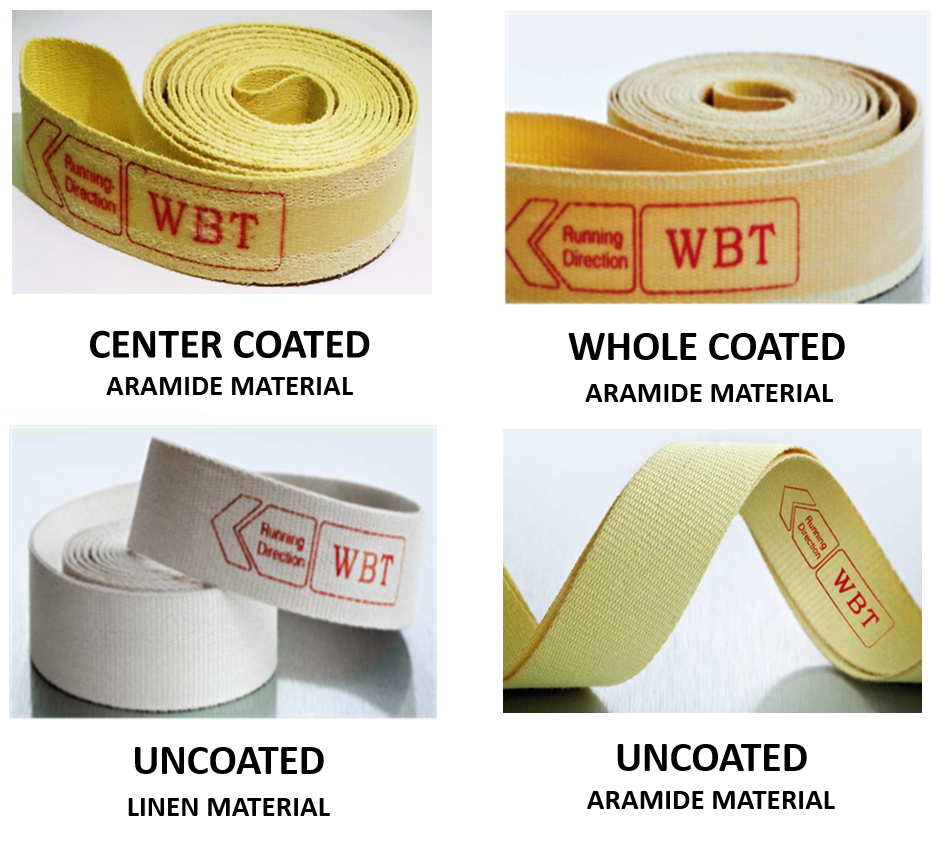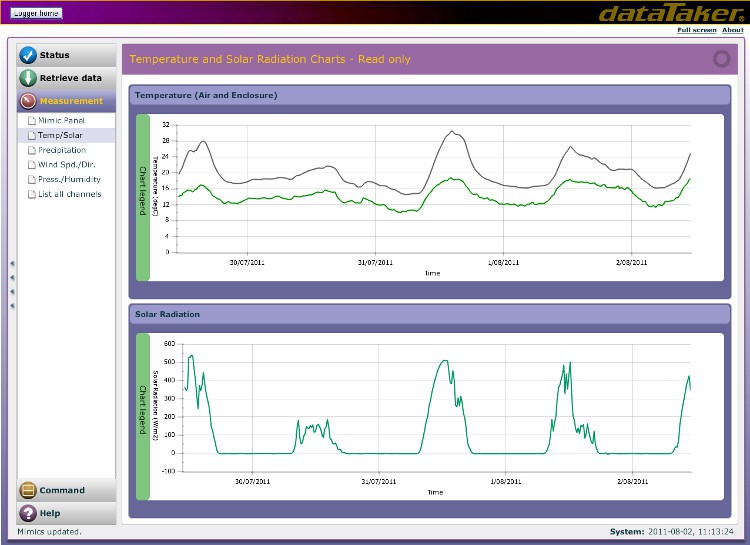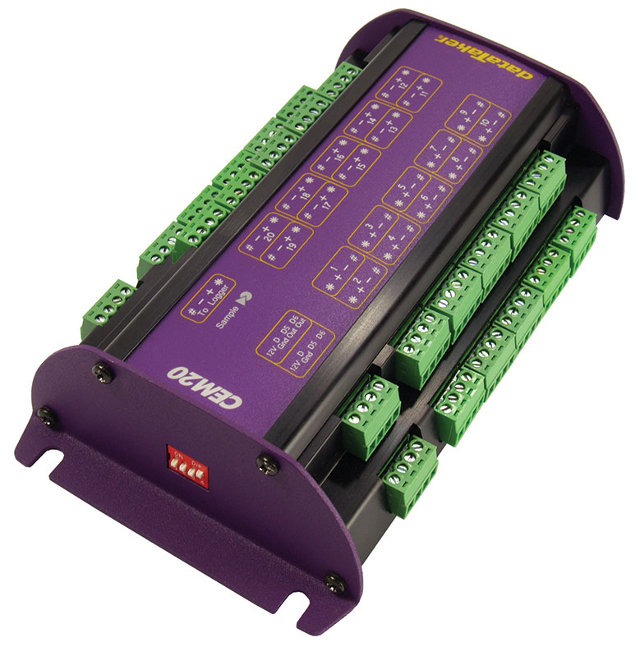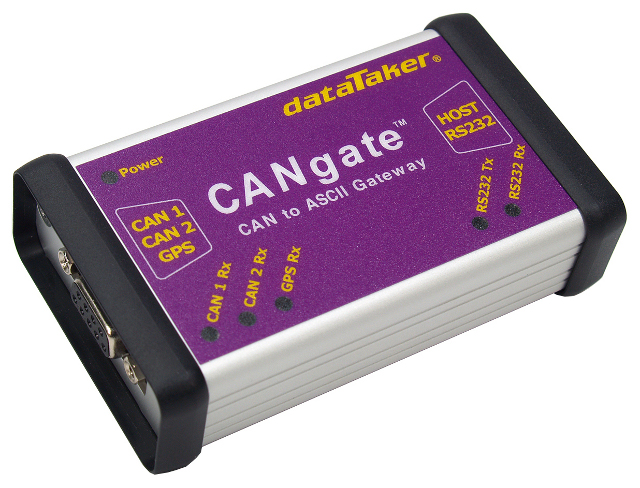| PRODUCT | DESCRIPTION |
|---|---|
CORONA PLUS REMOTECORONA PLUS REMOTE is a complete spectrometer system available in a single-beam or dual-beam configuration.
Areas of application |
|
CORONA PLUS 45CORONA PLUS is an industrial reflection/transmission measuring head for applications in the VIS/NIR range with an integrated spectral sensor and micro computer.
CORONA PLUS 45 NIR has been designed for online measurements in quality
assurance and process control. It is also possible to reliably measure
very different samples even in rough environments. Therefore, the sensor
unit is ideal for incoming goods inspection and humidity monitoring in
the pharmaceutical and chemical sectors as well as in the food industry.
Furthermore, CORONA PLUS 45 NIR can be used for ingredient measurements
and the measurement of the concentration and homogeneity of components
during mixing procedures. Last but not least, it is also ideal as a
universal instrument for research and development.
|
|
MCS 600The MCS 600 process-tested spectrometers perform even the most challenging measurements in the UV/VIS/NIR spectral regions quickly, efficiently and precisely. The cost-effective MCS 600 systems feature the time-tested, modular principle of the MCS 500 series with a number of major enhancements. Highlights of the new design include an increased signal-to-noise ratio, improved wavelength accuracy and an intelligent housing system, allowing different UV/VIS/NIR spectrometers to be directly combined for the very first time – covering the spectral range from 190 to 2200 nm. Additionally, the MCS 600 sets a new standard for data processing through robust communications with peripheral systems and databases employing protocols such as OPC. You will also enjoy excellent ease of use thanks to specially tailored software packages such as processXplorer. The result: utilizing one instrument, you can simultaneously record high quality spectra from a variety of spectral regions, multiple probes and external sensors with a single, modern process monitoring interface. |
|
MCS CCD LABThe MCS CCD Lab system is available in different versions: UV for the spectral range from 200 to 600 nm, and UV-NIR for 200 to 980 nm. The systems can have a USB 2.0 or PCI interface for the connection to the computer. Light guides can be connected via standard SMA connector as optical entrance. The electronic of the system provides full 16-bit resolution and due to the cooling of the detector integration times up to one minute can be realized.Built in the time-tested and sturdy design, the new MCS CCD provides all benefits of the proven MCS spectral sensors such as thermal stability and vibration resistance. The heart of the spectrometer is a module with a blazed flat-field grating for light dispersion and imaging, fiber optical cross-section-converter as entrance slit and a cooled CCD detector. All optical components described have been permanently cemented together in a ceramic body. This technology results in a wavelength stability of the spectrometer modules which is better than 0.1 nm and thermal drift of less than 0.01nm/K. Benefits:
|
|
HELIO CHELIO C UV-NIR is an extremely compact spectrometer that features outstanding user-friendliness, economic efficiency and performance.
With
this spectrometer, Carl Zeiss closes the gap between the MMS, MCS and
CGS class spectrometers and the spectrometer systems of the MCS 600 and
CORONA PLUS line. This provides users for the first time with a compact
spectrometer which can work with a USB or Ethernet interface. The heart
of the new spectrometer is the newly developed CGS spectrometer module.
The CGS comprises an imaging grating, an optical port and an uncooled
CCD detector. The CCD detector has an electric shutter function that
enables minimal integration times.
|
|
WBT SUCTION TAPEThe raw materials used for WBT Suction Tapes are synthetic fibers ranging from:
To meet the requirements of characteristics and the physical properties of very rough, very fine or no flavor, mild flavored to highly flavored tobacco blend, WBT Suction Tapes are classified into the following categories with different thickness and different surface structures:
The thickness and different type of the surface structures of WBT Suction Tapes depend on the air throughput values of the tobacco blend used for the process. |
|
WBT GARNITURE TAPEThe raw materials used for WBT Garniture Tapes range from:
WBT Endless Garniture Tapes are classified into the following categories with different thickness and different surface treatments:
The thickness and types of coating on the Endless Garniture Tapes depend on the characteristic of the tobacco and paper used in the process to optimize the coefficient of friction between the paper and the Garniture Tapes. |
|
DEX LOGGER SOFTWAREdEX datalogger software is an intuitive graphical interface that allows you to configure your data logger, view real-time data in mimics, trend charts or tables and retrieve your historical data for analysis. Features
|
|
CEM 20Extending the channel capacity of the latest dataTaker DT80 range of data loggers is made easy by the addition of dataTaker Channel Expansion Modules (CEM20). A dataTaker CEM20 connects to one analogue channel of the dataTaker data logger. Each CEM20 connects 20 universal data logging channels. The Module is suitable for the DT80 range dataTaker data loggers. Features
Increasing the channel capacity of the dataTaker DT80 range is made very easy by adding dataTaker Channel Expansion Modules (CEM20). Each CEM20 connects 20 universal data logging channels to the dataTaker data logger. |
|
CANGATEThe dataTaker CANgate is a CAN to ASCII gateway converting CAN (Controlled Area Network) and GPS data to serial data. It has been designed to capture the real-time data available on CAN and GPS networks (e.g. temperatures, RPM, brake/throttle settings, latitude, longitude, speed etc.) and pass that information on to either a dataTaker data logger or host computer system.Features
The dataTaker CANGate CAN to ASCII gateway filters and converts CAN (Controller Area Network) and GPS (Global Positioning System) data to serial ASCII data. It has been designed to capture the real-time data available on CAN and GPS networks and pass that information on to a dataTaker datalogger. |


